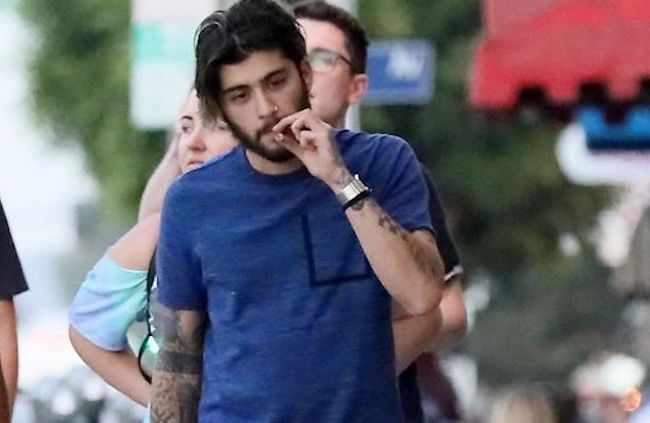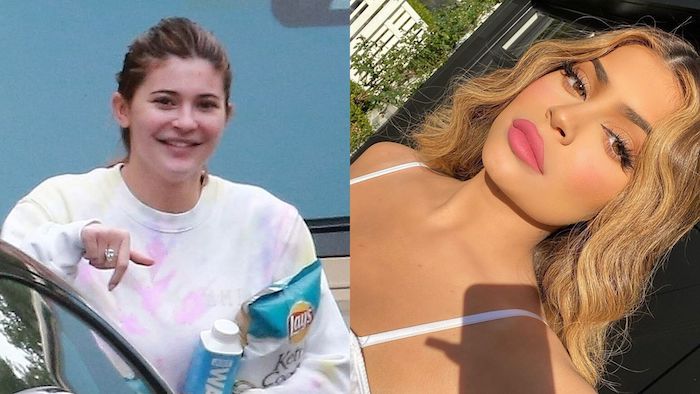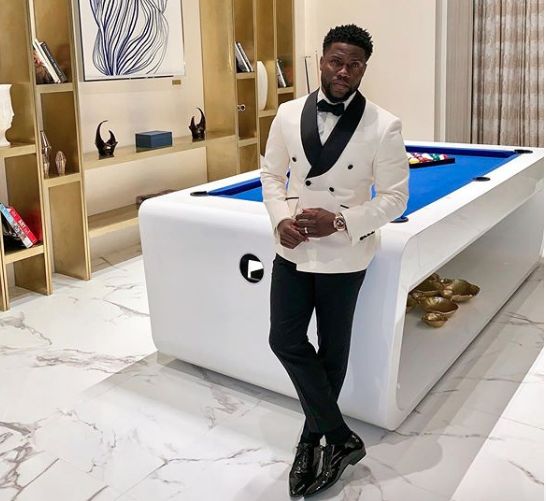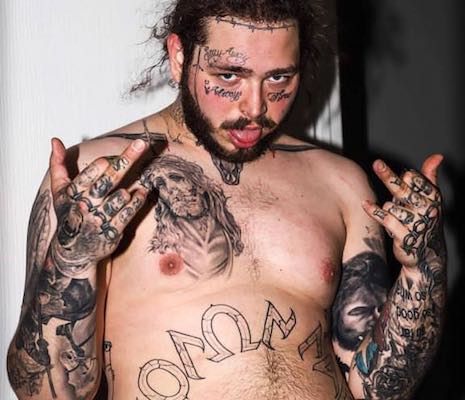Putting a celebrity’s face to a product is one of the easiest matching games out there. Papa John’s has Shaquille O’Neal, L’Oreal has Eva Longoria, and McDonald’s has Travis Scott, a pairing that caused brief chaos in restaurants when the partnership was announced in late 2020. Three-quarters of marketers now rely on some influencer or another to get their brands across, according to the Association of National Advertisers.
A Brief Craze
Of course, endorsements are just one of the ways that companies try to connect with their audience. Traditionally, promos and other perks have served as an onboarding tool for marketers – and they’re as common today as they’ve always been. Arguably, though, casino gaming has the world beat for the sheer volume of these bonuses, with the casino offers at Paddy Power defining eight different types.

Source: Pexels
These include deposit and no-deposit bonuses, free spins, and cashback. In the latter case, the act of rewarding customers for making purchases turned into a brief craze during the 2010s, as the number of companies offering financial returns ballooned. This interaction between business and consumers has its limits though, which is why celebrities are taking up the mantle of the ambassador.
The problem is that the true value of celebrity endorsements isn’t well known. A quick look at Google reveals that the number of people who rely on celebrity voices when buying something stands somewhere between 4% (YouGov) and 59% (Pipslay). This isn’t helpful. However, comparing even similar studies can be an exercise in futility. For instance, one of those studies is British. The other is American.
A Net Positive
In any case, Influencer Market Hub claims that the influencer industry is now worth $16.4bn, a figure that goes a long way to proving that this particular marketing trick works. The same source observed all numbers trending upwards in 2023, as well. By the end of the year, the overall value of celebrity endorsements could top $21.1bn, as 67% of marketing departments increase spending and 80% dedicate a budget to influencer payments.

Source: Pexels
A Harvard Business Review study based on China’s Weibo social network actually managed to boil down the value of influencer marketing to its most basic numbers. The average gain in engagement, i.e. how connected customers are to a brand, is 0.46% for every 1% increase in budget. Why China? The country has what HBR describes as the “most sophisticated” structure of influencers in the world.
So, whether it’s celebrities or reasonably famous creators on Instagram, it’s difficult to see influencer marketing as producing anything but a net positive for companies. There are also very few restrictions on what products can benefit from a well-known face. In 2012, rapper Snoop Dogg was sponsored by Hot Pockets (“Pocket Like It’s Hot”), while Ozzy Osbourne has been the spokesperson for I Can’t Believe It’s Not Butter.
Overall, influencer and celebrity marketing can be one of the stranger parts of public relations but it’s an increasingly valuable aspect that shouldn’t be underestimated.





